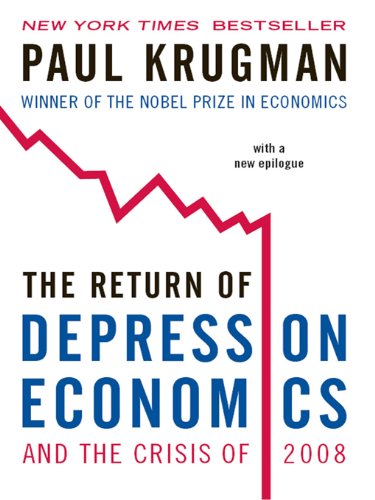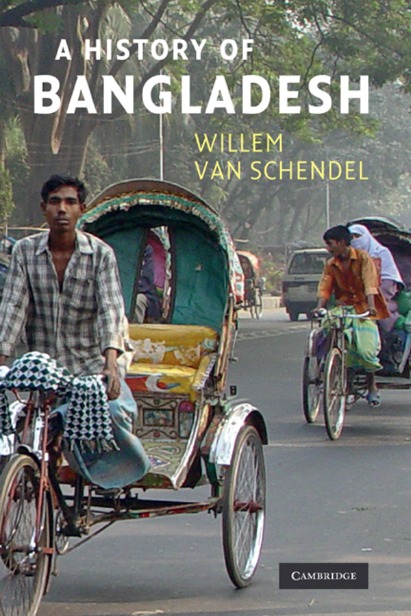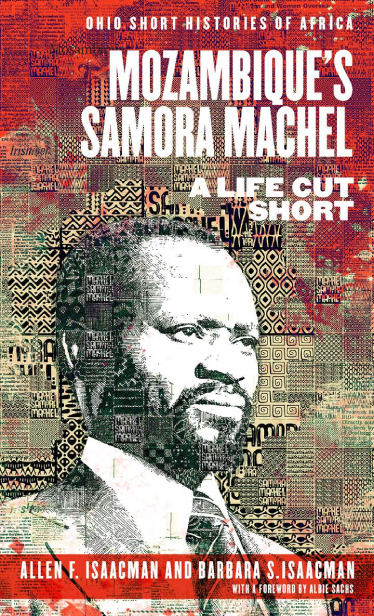Gandhi: A Political and Spiritual Life, Kathryn Tidrick, Verso, 2013, pp. 380, ISBN: 978-1-78168-101-5
Associations between men and momentous events in history tend to conflate one with the other. Events are seen through the prism of the men who represent it, while men are defined by the outcome of the events they are associated with. One gets lost in the other and sacred narratives are born. The task for a biographer is therefore to separate the two, and in so doing deconstruct popular misconceptions. This is what Kathryn Tidrick has so fearlessly done in her highly original and iconoclastic biography of Gandhi, the man.
Tidrick locates Gandhi’s ideas in his early engagement with Victorian-era Christian obscurantism. After an unremarkable youth and having dropped out of college, a relatively prosperous Gandhi family sent their son to London to pursue a law degree at the Inns of Court. Having left India with little to no understanding of Hinduism, but a strict instruction not to stray away from the vegetarian diet, Gandhi found his way into the emerging world of dietary reform. Its early adherents were essentially middle-class men and women revolting against the consolidation of capitalism, seeking deeper connections with the natural world. Congregated around “The Vegetarian Society of London” and its mouthpiece The Vegetarian, they believed that the renunciation of certain types of food led to the purification of the body and the unification of the spirit residing in the individual with the spirit ordering the universe. The spirit is, they believed, contained within the shell of a body that implicates the spirit in sin by yielding to its urges. The goal was, therefore, to overcome the body by way of specific rituals – eating ‘vital food’ comprised of uncooked fruits, nuts, pulses and grains, and abstention from sex.
The influence these ideas had on Gandhi is evident in the dietary restrictions he experimented with throughout his life, and in his obsession with celibacy. It was by way of vegetarianism that he was introduced to, arguably, more important influences of the Theosophical Society and the Esoteric Christian Union, of which he was an agent in South Africa, and their literature. He read Madame Blavatsky’s The Secret Doctrine, Annie Besant’s Why I Became a Theosophist and was a member of organizations preaching the doctrine of self-divinizing perfectionism. In his Autobiography, Gandhi claimed that these works stimulated his interest in Hinduism, because of its heavily ‘Eastern’ slant influenced by the authors’ long stays in India. Madame Blavatsky claimed that her books were documents revealed to her by Tibetan ‘mahatmas,’ and that she was a medium connecting the spiritual world with the Earthly one. Her doctrine of ‘theurgy’ claimed that certain people can become spiritual masters and guide mankind’s spiritual evolution. The master’s actions lead to ‘distributive karma’ which ensures that individual moral effort benefits humanity as a whole. Gandhi’s famous fasts followed this logic, and throughout his life, he viewed moral transgressions of others as his own spiritual shortcomings. By abstaining from food, Gandhi believed that he was to redeem the mistakes of others. Later, Gandhi also subscribed to Kuhne’s “Nature Cure” doctrine, which rejected Western medicine for a belief in health as the perfect harmony of the spirits and illness as a consequence of foreign matter polluting the spirit by way of the body. These were the ideas that Gandhi adopted, and was to apply throughout his life.
Having set the framework of his formative years in London, Tidrick shows how they shaped Gandhi’s life that followed. Gandhi’s loyal secretary, Pyarelal, stated that the ideas of Esoteric Christianity had “a specific and lasting influence on Gandhi’s thought,” and that “whatever Gandhi absorbed in this extremely impressionable and formative phase of his development abode with him for life.” The belief that one achieves perfection through self-purification, suffering, renunciation and love was to form the basis and goals of Gandhi’s political work. As Tidrick asserts at the beginning of the book “Mohandas Gandhi entered politics not to liberate his country in the sense understood by other Indian leaders…but to establish the Kingdom of Heaven on earth.”
Gandhi also portrays the man as a calculating politician, capable of maneuvering to achieve his desired goals. Beginning in South Africa and by way of representing dominant merchant interests as a lawyer, Gandhi became the spokesman of the Indian community. He founded his first model community at Phoenix, which was to strictly follow his beliefs, which continued to evolve. It was there that he formulated the infamous concept of satyagraha, after having asked the readers of Indian Opinion to help to translate ‘passive resistance’ from Gujarati. For him, satyagraha came to mean ‘soul-force,’ or the pursuit of God by way of “holding on to the truth,” which mandated disinterested activity. From the beginning, it was to be a religious activity, which as Tidrick shows had its origins in Gandhi’s early forays into Christianized Hinduism.
It was also in South Africa that Gandhi wrote Hind Swaraj, which railed against Western Civilization and its appurtenances and stated that the key to the Indian resistance to British rule lay in their spiritual development by way of simple technology, rural social organization and actions which were done for their own sake, and not for their outcome. For Gandhi, Indian independence was a religious duty not only to Indians but to all of mankind. Funnily enough, as Tidrick shows, Gandhi’s references were all western, but two.
Gandhi’s return to India allowed him to further develop and implement his beliefs and gain a much wider following. His actions speak to the fact that he viewed himself as an avatar, denigrating other people’s attempts at satyagraha. He judged everyone by his moral standards, going so far as to condemn those who were killed at Jalianwala Bagh massacre for having scattered in panic amidst a hail of bullets, rather than go calmly into their deaths. He was authoritarian in his proselytizing of his beliefs and imposed them on the Congress, and left it when his demands were not met. This shows a highly calculating politician, more so than a saint, a man whose religious pursuit took a nationalist garb by way of his associates who often did not understand his idiosyncrasies.
Kathryn Tidrick shows how Gandhi’s political mission was, in fact, a religious one. She locates concepts attributed to Gandhi, such as satyagraha, karma, reincarnation, ascetic self-purification and perfection, and fusion of the spirit with the Divine, in his early encounter with obscure Christianity. Hers is a masterful book that deconstructs sainthood and bares it in its full obscurity.




